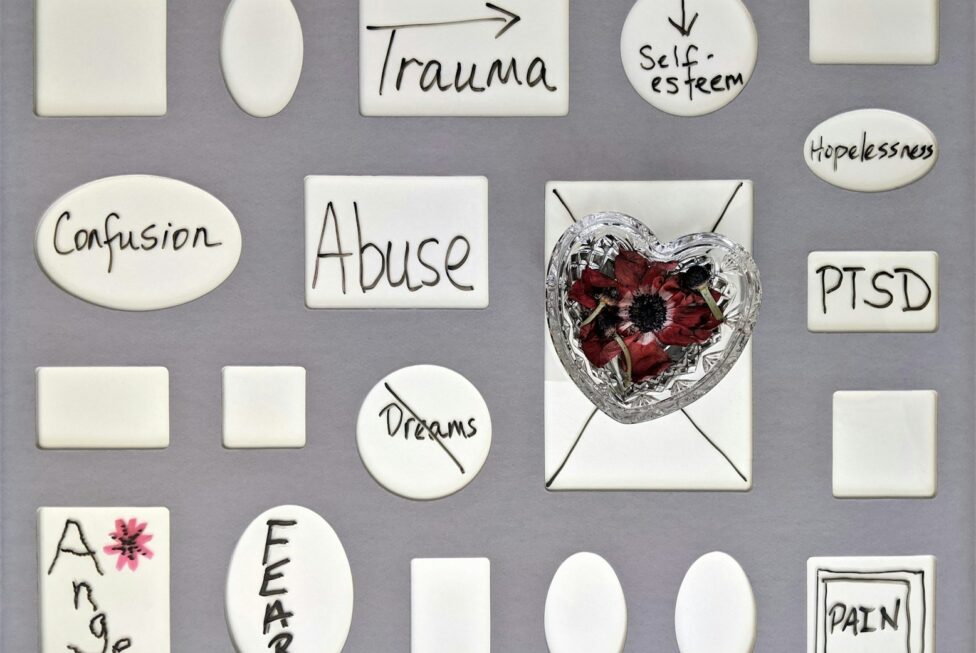Post-Traumatic Stress Disorder (PTSD) is a complex mental health condition that can develop after experiencing or witnessing a traumatic event. Characterized by intrusive memories, flashbacks, hypervigilance, and avoidance behaviors, PTSD can significantly impact an individual’s daily life and overall well-being. However, with the right support and coping strategies, individuals can build resilience and effectively manage their symptoms. In this article, we will explore the role of coping strategies in PTSD therapy and how they contribute to building resilience in individuals affected by this condition.
Understanding PTSD:
PTSD can develop in response to various traumatic experiences, including combat exposure, physical or sexual assault, natural disasters, accidents, and witnessing violence. The symptoms of PTSD can be debilitating and often interfere with an individual’s ability to function in daily life. These symptoms may include:
Intrusive Memories:
Recurrent, distressing memories of the traumatic event, often accompanied by flashbacks or nightmares.
Avoidance Behaviors: Avoiding reminders of the traumatic event, such as places, people, or activities, to prevent distressing memories or emotions.
Negative Changes in Thinking and Mood:
Negative thoughts and feelings about oneself or the world, feelings of detachment, and a diminished interest in activities once enjoyed.
Hyperarousal: Hypervigilance, irritability, difficulty concentrating, exaggerated startle response, and difficulty sleeping.
Coping Strategies in PTSD Therapy:
Cognitive-Behavioral Therapy (CBT):
CBT is a widely used therapeutic approach for PTSD that focuses on identifying and challenging negative thought patterns and behaviors associated with the traumatic event. By replacing distorted beliefs with more adaptive thoughts and coping strategies, individuals can gradually reduce their symptoms and regain a sense of control over their lives.
Exposure Therapy:
Exposure therapy involves gradually exposing individuals to trauma-related stimuli in a safe and controlled environment. By confronting their fears and anxieties in a therapeutic setting, individuals can desensitize themselves to trauma triggers and learn to manage their reactions more effectively.
Mindfulness-Based Techniques:
Mindfulness-based techniques, such as meditation, deep breathing exercises, and body scans, can help individuals cultivate present-moment awareness and reduce symptoms of hyperarousal and anxiety. By practicing mindfulness regularly, individuals can develop greater resilience to stress and enhance their overall well-being.
Stress Management Strategies:
Stress management techniques, such as relaxation exercises, progressive muscle relaxation, and guided imagery, can help individuals regulate their physiological arousal and reduce symptoms of anxiety and tension. By incorporating these strategies into their daily routine, individuals can better cope with stressors and prevent symptom exacerbation.
Social Support:
Social support plays a crucial role in coping with PTSD. Whether through family, friends, support groups, or therapy, having a strong support network can provide individuals with validation, encouragement, and a sense of belonging. By sharing their experiences and feelings with others who understand, individuals can feel less isolated and more empowered to cope with their symptoms.
Self-Care Practices:
Engaging in self-care practices, such as regular exercise, healthy eating, adequate sleep, and leisure activities, can help individuals maintain their physical and emotional well-being. By prioritizing self-care, individuals can replenish their energy reserves, reduce stress levels, and improve their overall quality of life.
Conclusion:
PTSD therapy is a collaborative process that empowers individuals to build resilience and reclaim their lives in the aftermath of trauma. By incorporating coping strategies such as cognitive-behavioral techniques, exposure therapy, mindfulness practices, stress management strategies, social support, and self-care practices, individuals can effectively manage their symptoms and build resilience to future stressors. Through therapy, individuals can learn to confront their fears, challenge negative beliefs, and develop adaptive coping skills that enhance their ability to cope with trauma and thrive in all aspects of life.



